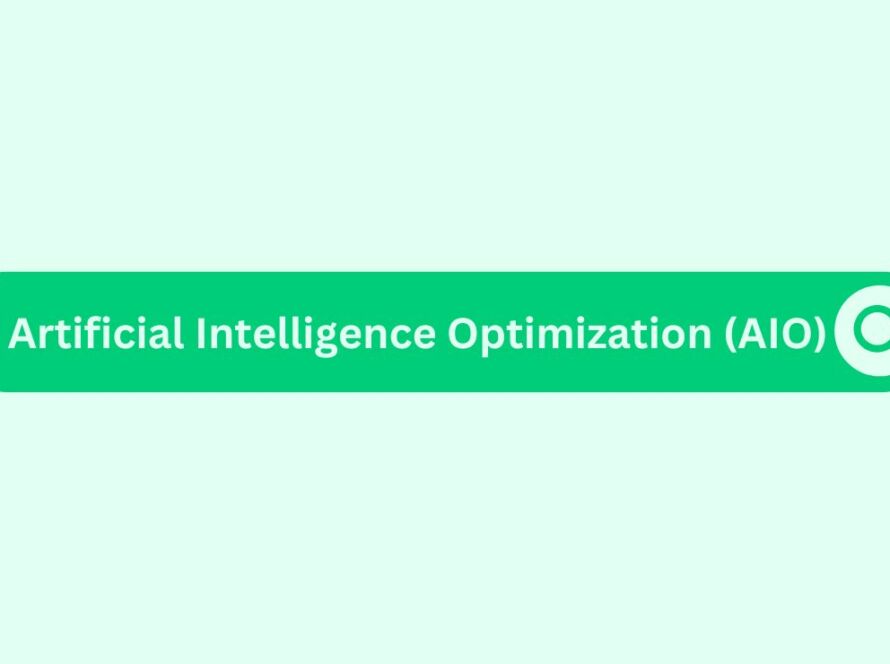Definition
De-influencing in social mediaWhat is Social Media? Social media refers to online platform... Marketing encourages followers to think critically about their purchasing choices and avoid being overly swayed by influencer marketingDefinition Influencer marketing in content marketing refers .... Unlike traditional influencer marketingDefinition Influencer marketing in content marketing refers ..., which promotes products, de-influencing focuses on urging audiences to reconsider or avoid certain products or services that may not align with their needs or values. This approach can benefit brands by fostering trust and authenticity, especially for a niche like SEO Company, in Auckland. By emphasising transparency, businesses can strengthen their relationship with consumersDefinition Consumers, within the context of SEO, refer to th... who value authenticity, potentially improving engagementDefinition Engagement in content marketing refers to the deg... rates and brand reputation.
How You Can Use
Let’s say an Auckland SEO expert wants to embrace de-influencing in their social mediaWhat is Social Media? Social media refers to online platform... strategy. Rather than promoting every available SEO service, they highlight essential services while explaining why certain offerings may not be necessary for small or medium-sized businesses. For instance, the SEO expert might discourage new businesses from purchasing extensive packages from a performance marketing agency, pointing out that a targeted approach with specific services may be more effective for them initially. This not only aligns the brand with honesty but also guides potential clients towards services genuinely tailored to their needs, enhancing the company’s credibility and authority in the digital marketing landscape.
Calculating the Impact
To measure the effectiveness of de-influencing in social mediaWhat is Social Media? Social media refers to online platform..., businesses can calculate engagementDefinition Engagement in content marketing refers to the deg... metricsWhat are Metrics in the context of SEO? Metrics in SEO refer... and track brand sentimentDefinition Sentiment in the SEO space refers to the emotiona... over time. Here are three formulas:
- Engagement RateDefinition The engagement rate in social media marketing mea... = (Total Engagements ÷ Total ImpressionsDefinition Impressions track campaign effectiveness for digi...) × 100
- This measures how well the de-influencing content resonates with the audienceDefinition The term "Audience" refers to the group of indivi....
- Conversion RateDefinition Conversion Rate in the SEO space refers to the pe... = (Total Conversions ÷ Total Reach × 100
- Assess if de-influencing content increases the likelihood of users engaging with specific, targeted services over general ones.
- Brand SentimentDefinition Sentiment in the SEO space refers to the emotiona... Score = (Positive Mentions – Negative Mentions) ÷ Total Mentions × 100
- A high brand sentimentDefinition Sentiment in the SEO space refers to the emotiona... score indicates a positive reaction to the transparency fostered by de-influencing content.
By using these metricsWhat are Metrics in the context of SEO? Metrics in SEO refer..., digital marketing agencies in Auckland and beyond can gauge how effectively their de-influencing campaigns foster authentic audienceDefinition The term "Audience" refers to the group of indivi... engagementDefinition Engagement in content marketing refers to the deg....
Key Takeaways
- Builds Trust: Transparency around products and services builds credibility.
- Improves EngagementDefinition Engagement in content marketing refers to the deg...: Audiences value honesty, leading to stronger engagementDefinition Engagement in content marketing refers to the deg....
- Guides Purchases: De-influencing steers consumersDefinition Consumers, within the context of SEO, refer to th... towards more thoughtful decisions.
- Increases brand loyalty: CustomersDefinition Customers, in the context of SEO, refer to indivi... who feel respected are more loyal.
- Sets Brands Apart: Differentiates a business from traditional influencer marketingDefinition Influencer marketing in content marketing refers ... approaches.





